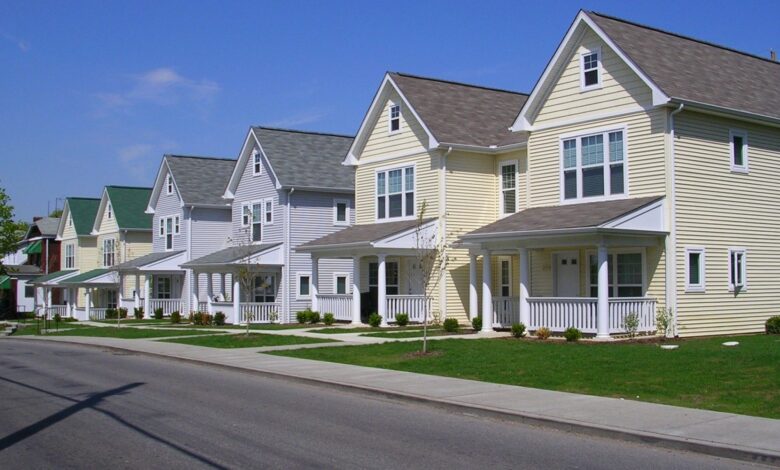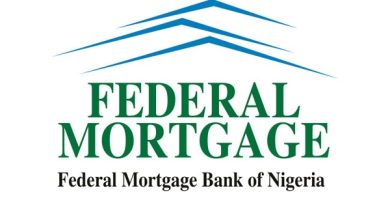
Skyrocketing housing costs can stifle a local economy, leaving job vacancies unfilled and reducing purchasing power within the community. Conversely, the presence of readily available affordable housing creates new opportunities for individuals across all income levels. It injects additional funds into the community, extending beyond basic necessities to encompass healthy food, improved healthcare access, and increased support for local businesses.
Let’s delve into some of the economic advantages of affordable housing:
- Boosting Local Economies
Arguably the most evident economic benefit of affordable housing is the surge in discretionary spending. For most individuals, rent constitutes their largest and most essential monthly expense. When financial instability threatens the ability to meet rent obligations, the likelihood of spending on anything beyond basic needs dwindles, adversely affecting the local economy. However, when residents of affordable housing communities can comfortably cover their rent, they can allocate more resources to local purchases, including nutritious food, improved healthcare, and support for nearby businesses.
READ ALSO: Qatar begins construction of 500,000 Housing units in Kaduna, as HDAN commends the State Government
- Curtailing Evictions
Approximately 108 million Americans reside in rental homes or apartments, with one-fourth of them allocating over half of their monthly income to rent payments. This precarious balance means millions are just one unexpected expense away from losing their homes. The sacrifices they make – be it for medicine, childcare, groceries, or education – to meet rent have intensified, particularly since the U.S. unemployment rate surged to 10 percent during the COVID-19 pandemic.
The looming threat of eviction has always haunted those who barely scrape by to meet their monthly rent obligations. Unfortunately, this threat is becoming a reality for many more individuals. The consequences are likely to have long-lasting effects that reverberate through generations within a family.
Evictions set off a cycle of instability for families, creating a ripple effect that damages the social and economic fabric of a community. This is precisely why housing stability is at the core of affordable housing initiatives – it works tirelessly to prevent evictions, irrespective of economic conditions, and the social and economic returns far outweigh the investment.
- Fostering a Healthier Population
One’s housing situation significantly impacts their health, serving as a critical social determinant. Alongside factors like income and education, housing profoundly influences a person’s physical and mental well-being. Poverty constrains options and is closely linked to an array of health problems, both acute and chronic.
READ ALSO: Nearly 40 housing tech firms make the 2023 Inc. 5000 list
One immediate concern is housing quality. Individuals in low-income housing, often poorly constructed or maintained, may face risks such as lead paint exposure, water contamination, and other environmental hazards less common among affluent populations. These environmental threats result in chronic health issues for children, families, and seniors, imposing substantial, avoidable costs on residents and their broader communities.
Housing-related risks extend beyond the buildings themselves. When housing is unaffordable, access to critical health components like healthy food and medical care becomes increasingly unattainable. However, when people have access to quality affordable housing, they are less likely to encounter environmental threats and more likely to have sufficient income for healthy food and routine medical care. Ultimately, this helps reduce the risk of severe chronic health problems. Greater spending on adequate healthcare and fresh food improves and invigorates the local economy.
- Generating Job Opportunities
Affordable housing carries a substantial economic impact in terms of job creation, both during the construction phase and over the long term as societies grow. Building new affordable housing complexes, for instance, involves hiring manufacturing and construction companies. Subsequently, these housing centers require staffing for maintenance, operations, and leasing, ensuring well-maintained grounds that attract and retain residents.
READ ALSO: Top 10 Rich Neighborhoods In London
Furthermore, affordable housing fosters improved mobility, which, in turn, creates more jobs and stimulates long-term societal growth. While some of these job opportunities are immediate, the profound, long-term benefits of affordable housing drive meaningful societal change.
- Enhancing Government Infrastructure
With more residents able to pay property taxes, local governments can allocate more resources for the benefit of their citizens. The impact is substantial – a study by the National Association of Home Builders found that “building 100 affordable rental homes generates $11.7 million in local income, $2.2 million in taxes and other revenue for local governments, and 161 local jobs in the first year alone.” This increase in revenue translates to improved infrastructure, expanded green spaces, and other elements that contribute to healthier, safer cities.
- Investing in the Future
Affordable housing offers a long-term economic benefit by reducing childhood poverty. Empowering children with a more equitable path forward not only aligns with moral imperatives but also fuels economic growth in communities. According to Mark Rank, a Professor of Social Welfare at Washington University, “It is estimated that for every dollar spent on reducing childhood poverty, the country would save at least $7 with respect to the economic costs of poverty.”
READ ALSO: Tinubu approves construction of 1,000 houses in 7 states – Shettima
A stable, affordable home serves as the foundation for everything else. It affords children the opportunity to establish healthy habits, concentrate on education and goals, and break free from the cycle of poverty. Generationally, this yields significant impacts on educational achievements, economic output, and the creation of opportunities for residents to give back to their communities.
In conclusion, affordable housing is a multifaceted solution that offers a plethora of economic benefits. Beyond the immediate advantages, it lays the groundwork for healthier, more prosperous communities, creating a positive cycle of growth and well-being for all.
Source: Housing finance strategies





